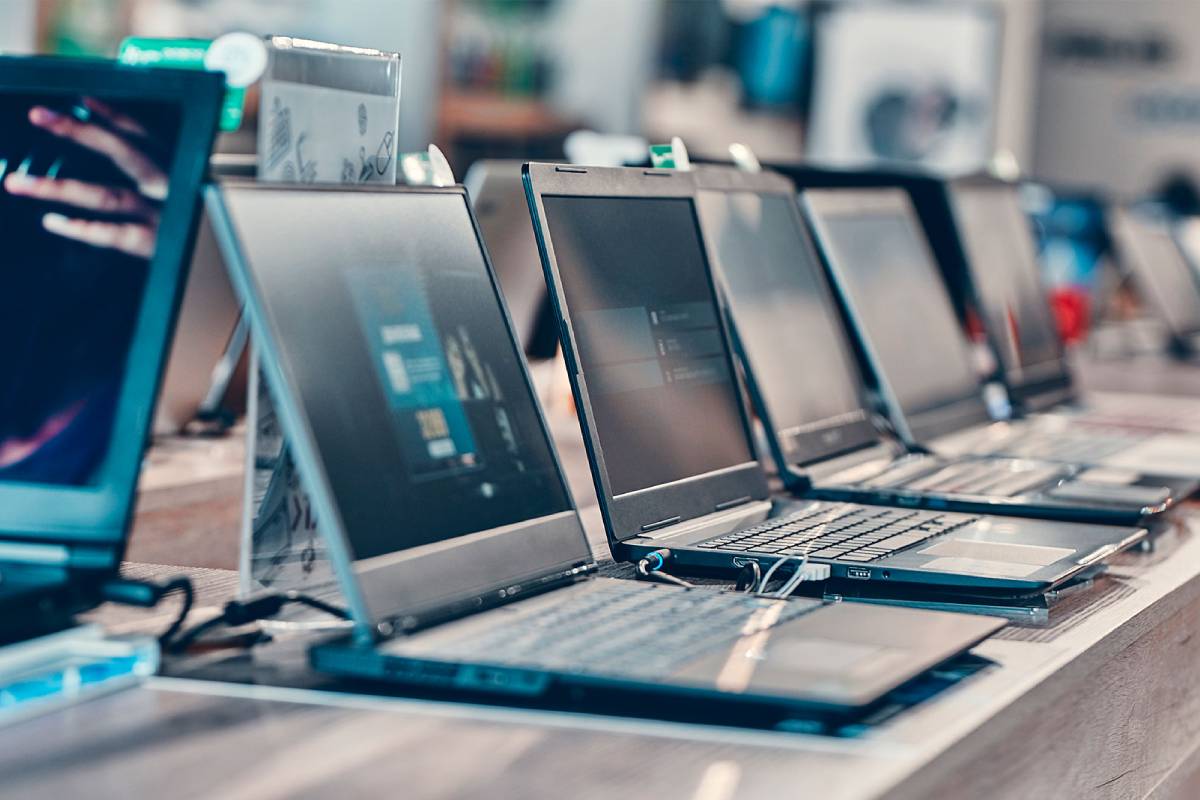Table of Contents
What do you mean by Best laptops for students?
Best laptops for students as they generally don’t need a costly laptop with state-of-the-art processors and graphics cards or sizeable hard drive storage capacities, or lots of RAM.
Quality and battery life are the two important and essential qualities to consider when purchasing a laptop for students of all ages.
However, there are hundreds of options to choose from, and going through them one by one is as difficult as helping others do their math homework.
What are the tips for choosing and buying a laptop?
- Make it compact enough to take to school or university, yet versatile enough to run the demanding applications.
- A laptop is the best tool to do a job, although tablets, pads, and mobile phones have come way in upcoming years.
- It is comfortable and works better with a laptop. So what type of laptop should we buy?
- There are laptops of all sizes, features, and prices, making choosing a suitable notebook difficult. That is why we can take into account what our needs are.
Quick tips
- If we are in a hurry to buy laptops, these are the essential things to consider when choosing:
- Displays from 12.5 to 14 inches offer a balance between usability and portability.
- Larger laptop screens are fine if we don’t travel a lot with the laptop, and smaller models are ideal for children, like tablets, for example.
- We can find the following data and specifications: Core i3 processor, 3 to 4 GB of RAM, and 1 TB of storage.
- More than seven and eight hours of battery life is ideal if we use the laptop on the go.
- You can have a 2-in-1 laptop if we want to use the computer as a tablet. Otherwise, a computer with a standard lid may be the best option.
- Chromebooks are suitable for kids or some chores.
- Windows laptops or Windows Macbooks offer a lot of functionality; which platform to use is a decision of personal taste.
Features to consider
- Size. If portability is required, we should choose a laptop with a smaller screen: from 12.5 or 14 inches and weighing less than 1 to 2 kilograms.
- Screen quality. A screen with high image quality is essential since we will use it for long periods, and we want it to be very comfortable for the eyes.
- Many laptops have touchscreens, which means they’re shiny.
- Glossy screens can reflect light, which can also be annoying.
- We should consider a non-touchscreen if that’s an issue.
- The resolution is also essential; we recommend a 1920 × 1080 (Full HD) to see all the applications correctly and consider the viewing angles.
- IPS displays have more comprehensive tips for better viewing comfort.
- Keyboard quality. For long hours typing on a keyboard, we should think about looking for a comfortable keyboard.
- We recommend you for looking a full keyboard with space for the arrow keys, which respond well to keystrokes.
- The backlighting helps us to type more easily in places with little light.
- Processor (CPU). Most newer laptops come with Intel Core processors (i3, i5, and i7).
- These processors offer the best performances when it comes to multitasking use and working with video.
- Cheaper laptops often carry Intel Core i3 processors that are usually perfect for student use.
- The Core i7s are for more demanding use; they tend to heat the laptop’s base more and limit the battery life.
- RAM. At least 4GB of RAM is required. More RAM allows us to use more applications at the same time, faster to load data such as to edit photos or videos.
- Storage. The best option for a laptop hard drive is to be a solid state drive (SSD) since the rest of the new and available hard drives are usually larger, slower, and noisier.
- SSD hard drives offer less capacity, much faster but are much more expensive.
Also Read: Instagram icon – Description, Activation, and Steps to change icon
- KNOW MORE:- heaalthfood


Review Best laptops for students – Selection, Features, and Tips to buy best laptops for students.